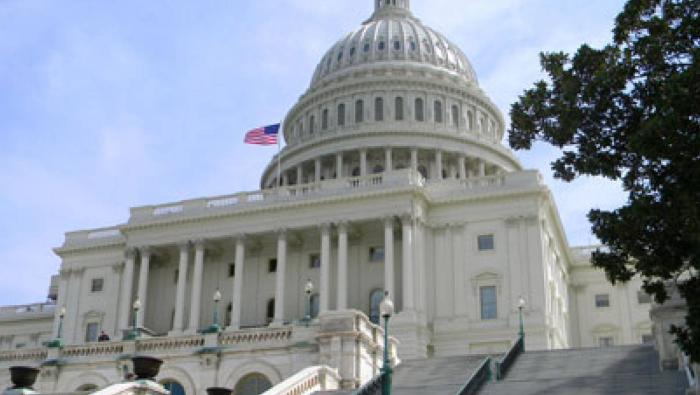The Senate Commerce, Science and Transportation Committee has passed a bill that would raise the age limit for airline pilots to 65 when the pilot is serving as a required pilot on a multicrew aircraft and the other pilot is younger than 60 years of age. The measure has been placed on the legislative calendar for a vote by the full Senate.
S.65, sponsored by Sen. James Inhofe (R-Okla.), an active general aviation pilot with 11,000 hours, is one of two bills working their way through Congress that is designed to end the FAA’s mandatory age-60 retirement rule for Part 121 airline pilots.
The second is H.R.65, written by Rep. Jim Gibbons (R-Nev.), a former Air Force and Delta Air Lines pilot with more than 22,000 flight hours. That bill has been referred to the House aviation subcommittee.
Under the Senate bill, the Secretary of Transportation would have 30 days after November 23 to modify FAR 121.383 (c) to allow pilots to continue flying after their 60th birthday. It also orders the NTSB to submit a report to Congress within two years concerning the effect, if any, of the new age limit on aviation safety.
Meanwhile, the International Civil Aviation Organization (ICAO) recently adopted an amendment that increases by five years–from 60 to 65–the age limit for commercial pilots operating two-pilot aircraft, effective November 23.
Under the ICAO amendment, an ICAO member state can impose a lower maximum age limit for licenses it issues, but it cannot prevent an aircraft operated by a pilot from another country who is under age 65 from operating in its airspace.
Of 112 ICAO member states responding to an ICAO letter, 83 percent indicated that an international age limit of more than 60 years would be appropriate for airline pilots. However, 16 percent–the U.S. among them–indicated a preference to maintain the current age limit of 60 years, citing possible safety risks and a lack of convincing data that flying after age 60 is safe.
At a Senate hearing last summer, the Aerospace Medical Association testified there is insufficient medical evidence to support restriction of pilot certification based on age alone.
The two largest airline pilot unions–the Air Line Pilots Association (ALPA) and the Allied Pilots Association–maintain their longstanding opposition to changing the rule. But pension troubles at the legacy airlines have been steadily eroding support for the age-60 retirement rule.
An ALPA survey last May found that 56 percent of the union’s members continue to oppose changing the rule, while 42 percent support a change.







